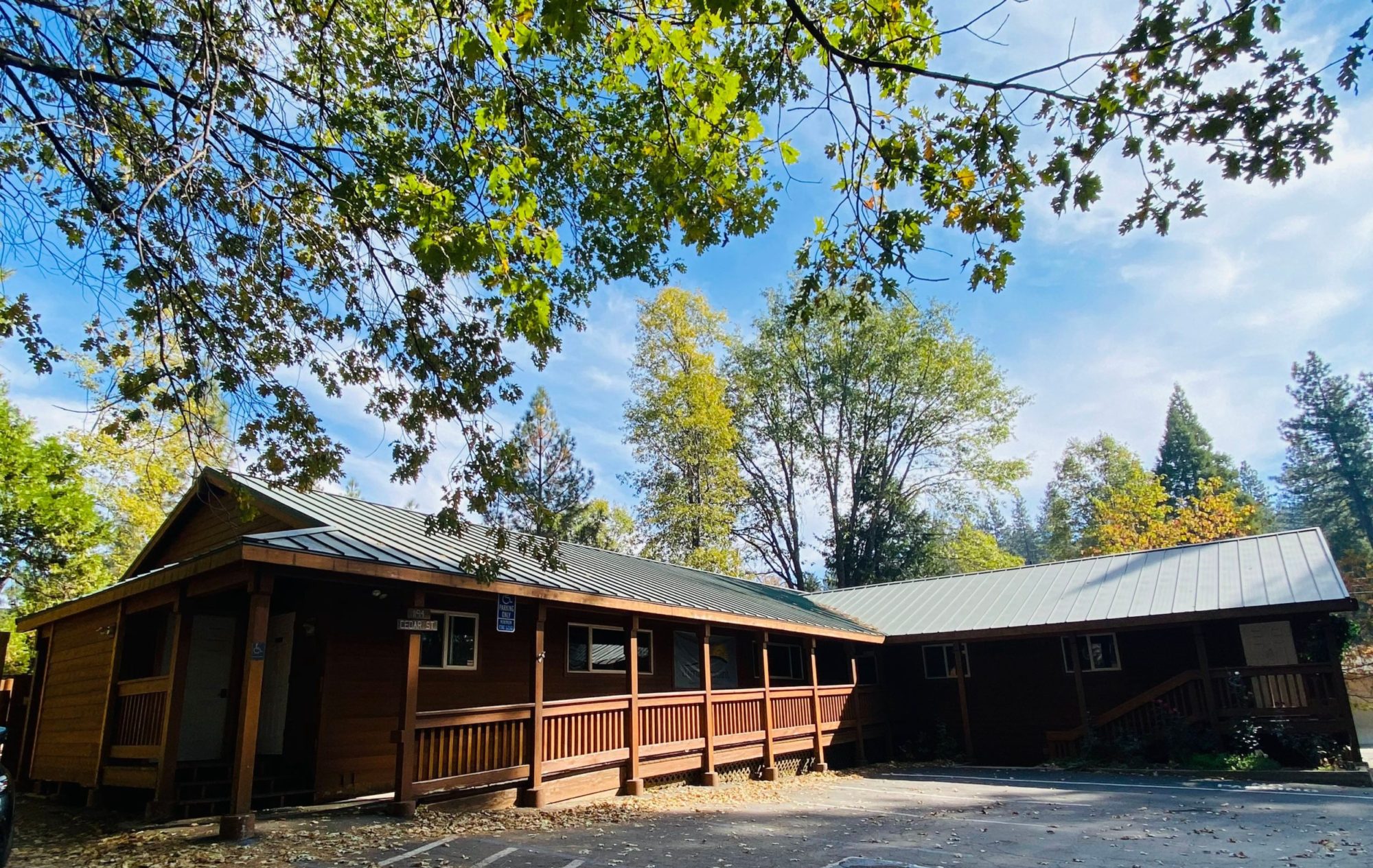It is remarkable how strongly your environment can influence how you feel and how successful you are in your recovery from addiction. Here are a few things you should keep in mind if you are looking to overcome drug or alcohol addiction.
Make your home peaceful.
During the early stages of recovery after treatment, it is important to do everything you can to maximize the feelings of peace that you will feel at home. A peaceful home can serve as a place of refuge as you navigate stresses in your recovery. Here are some things that may help make your home more peaceful:
- Eliminating clutter by getting rid of unnecessary items
- Organizing your home to create better flow
- Removing items that remind you of your former lifestyle
- Investing in a few things that will help you feel more comfortable at home
- Creating a space where you can meditate or simply relax
Incorporate nature.
Surrounding yourself with nature is truly one of the most powerful things that you can do for your recovery. Time spent communing with nature offers a type of healing that nothing else can. You’ll often find peace and reduced symptoms of stress after spending time outdoors. Moreover, nature offers a variety of experiential therapy activities that can aid you in your recovery, such as hiking, kayaking, and rock climbing. Therefore, as you create an environment that is conducive to a stronger recovery, don’t forget to make time for the outdoors as well.
We at Turning Point of Arnold are always sure to let our clients to experience nature in its full bounty. With a location in the heart of the Sierras, we can lead our clients through a variety of experiential therapies and introduce them to techniques that allow them to incorporate the outdoors in their recovery.
Reassess your personal connections.
Your environment includes not only the places you occupy but also the people you surround yourself with. During the early stages of recovery, it is vitally important to reassess your personal connections and to distance yourself from those who could be detrimental to your recovery. If you have friends who do not support your decision to become sober, for example, you should consider cutting ties with them. After all, your true friends will want what is best for you and your health. Be sure to surround yourself with friends and family members who will root for you in your recovery, and don’t forget to include therapists and recovery coaches who are helping you on your journey.


